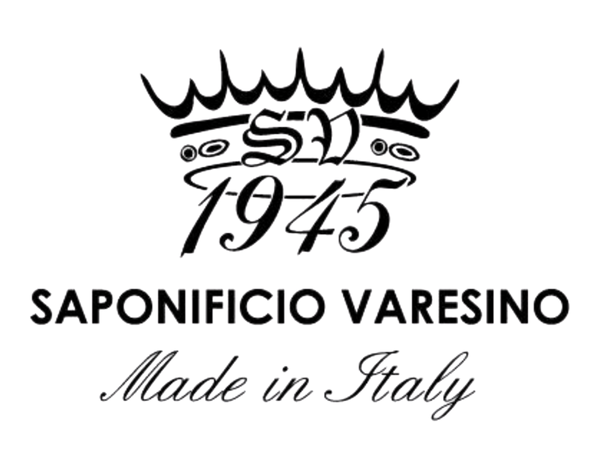Our Artisan Approach to Saponification
The cauldron production process, or Marseilles method, used for our soap represents the artisan tradition by which man has created soap for centuries. It is the skill, experience and eyes of the maker and not the management of machines or mechanical processes that brings the soap to life.
In a first phase called saponification, the fats – mainly consisting of glycerides and fatty acids – are converted into sodium salt. This operation must be carried out so that the resulting product is of good quality and suitable to be subjected to further steps of processing. From this first phase, it is therefore necessary to obtain a soap mass generally containing 30% water, with the least possible amount of alkali and electrolytes, as well as glycerol whose recovery is an economic factor of this process.
That mass is then further cooked, washed and liquified before being poured into soap molds and left to cure until the bars are hand-cut in our workshop.
Just as in the tradition then, we still produce soap with this ancient and natural method, which ensures a final product of top quality with excellent cleaning power but also serves as a very gentle and soothing treatment that results in softer and more elastic skin with repeated usage over time.
